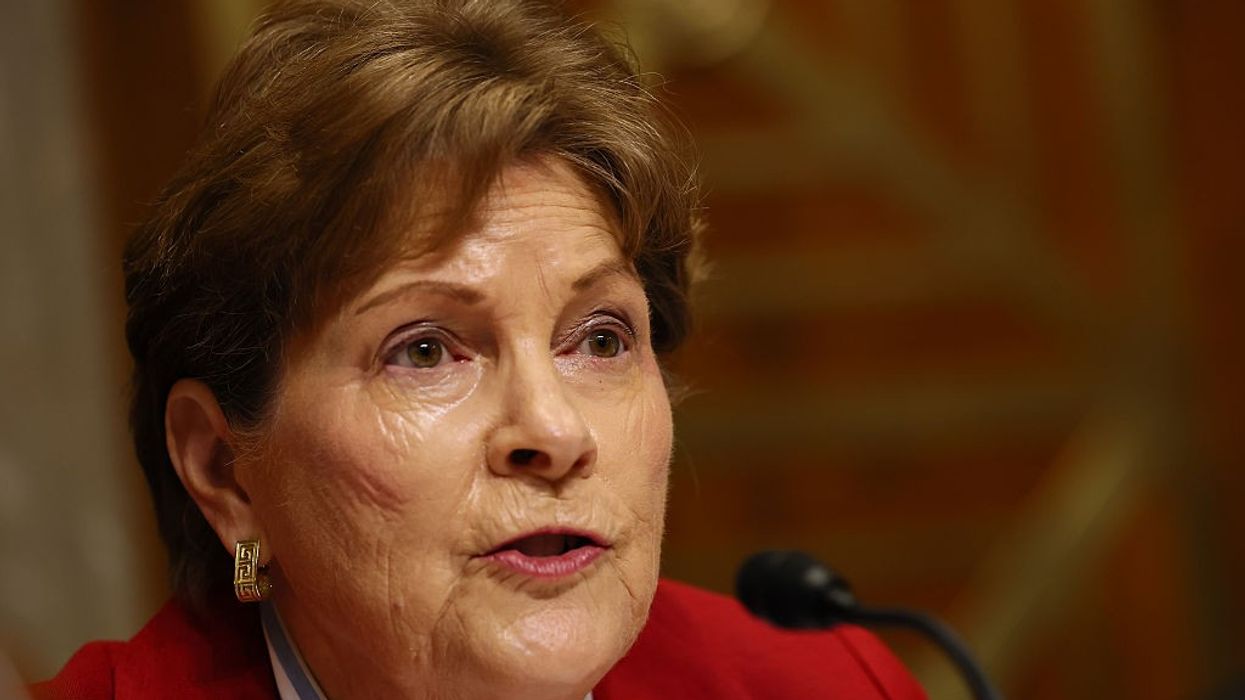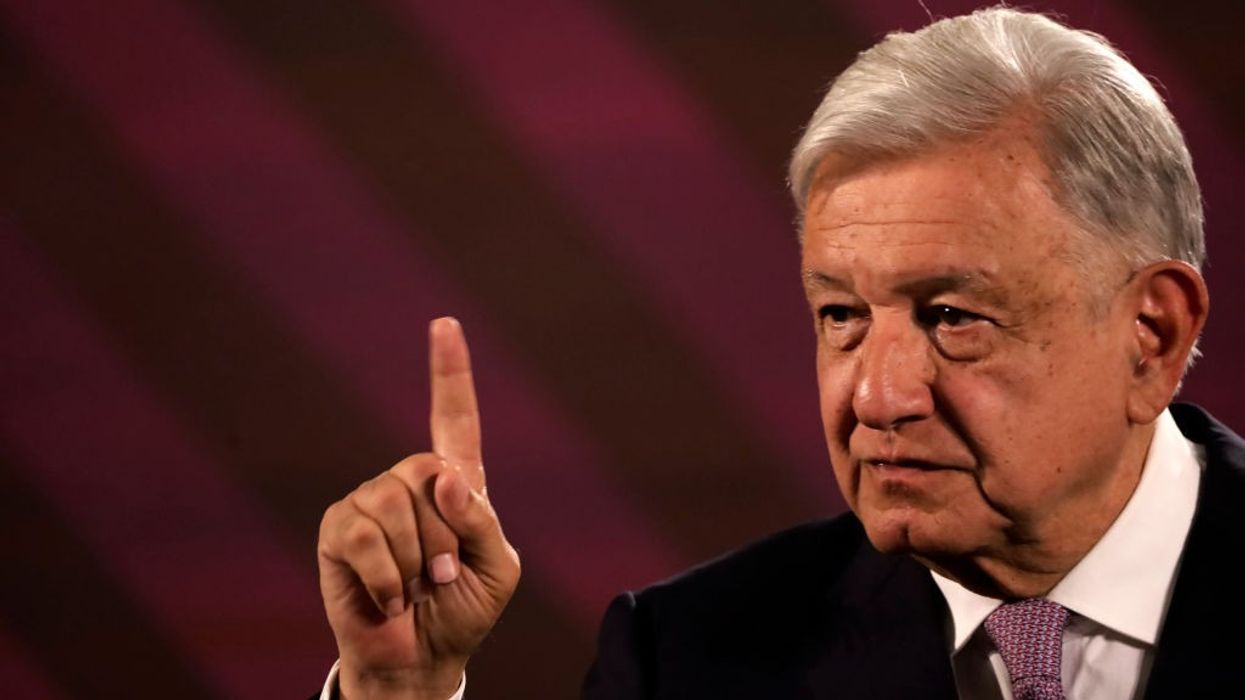Top Senate Dem Says Gaza Famine is a 'Shameful Black Mark on Humanity,' Admits Party Failed to Act
"We should have done more," said Jeanne Shaheen, the top Democrat on the Senate Foreign Relations Committee. "Everybody should have said more sooner."
The top Democrat on the Senate Foreign Relations Committee said Sunday that Congress had failed to act to prevent starvation in Gaza, which she acknowledged was the fault of Israel's blockade on aid entering the strip.
On Friday, the UN-backed Integrated Food Security Phase Classification (IPC) declared that an "entirely man-made" famine is taking place in Gaza—marking just the fifth time the notoriously cautious organization has declared a famine since it was established in 2004.
In reaction to this news, Sen. Jeanne Shaheen (D-N.H.) issued her most forceful condemnation of Israel's actions in an interview on CBS's Face the Nation, describing it as "a shameful black mark on humanity that the world has allowed this to happen and that Israel is allowing this to happen."
(Video: Face the Nation)
Shaheen, who was calling in from Amman, Jordan, after visiting the country's Humanitarian Assistance Program, said, "They are trying to get 150 trucks a day into Israel."
"Israel," the senator said, "has prevented those trucks from going in in a way that would provide the nutrition that Gazans need to prevent starvation."
According to the IPC report, a quarter of all Palestinians in Gaza–more than 500,000 people–are starving, with that number expected to rise to more than 640,000 by the end of September.
Rebuking claims from Prime Minister Benjamin Netanyahu's office that famine designation was an antisemitic "blood libel," Shaheen said, "The reality is that we have people dying because they are systematically being starved to death because Israel is refusing to allow in the humanitarian aid that people need to keep alive."
"Not only that," she said, "they've already started planning another incursion into Gaza in ways that are going to kill more people."
"This is not acceptable," she said. "The world needs to speak out."
The world, notably, has been speaking out against Israel's conduct in Gaza for well over a year as evidence mounted of its leaders' genocidal intent.
South Africa accused Israel of genocide in January 2024, citing statements by numerous top Israeli officials who expressed the goal of wiping out or displacing the people of Gaza entirely, often through the policy of intentional starvation.
The IPC, meanwhile, warned as early as December 2023 that Gaza faced a "very high risk of famine" unless access to humanitarian aid was improved immediately.
Shaheen, who has since said she will not seek reelection in 2026, was among the first wave of Democrats to publicly break with the mainstream party line on Gaza, saying that then-President Joe Biden was "too slow in pushing Netanyahu to come to a ceasefire," and voting to block weapons shipments to Israel. However, she did not voice these criticisms until December 2024, after Donald Trump had already been reelected.
It took until late last month—when starvation had become so widespread that one in five children in Gaza City faced malnutrition—for the majority of Senate Democrats to finally back a resolution to block more arms to Israel.
"We should be doing more, and we should have done more. Absolutely," Shaheen said Sunday. "Everybody should have said more sooner."


